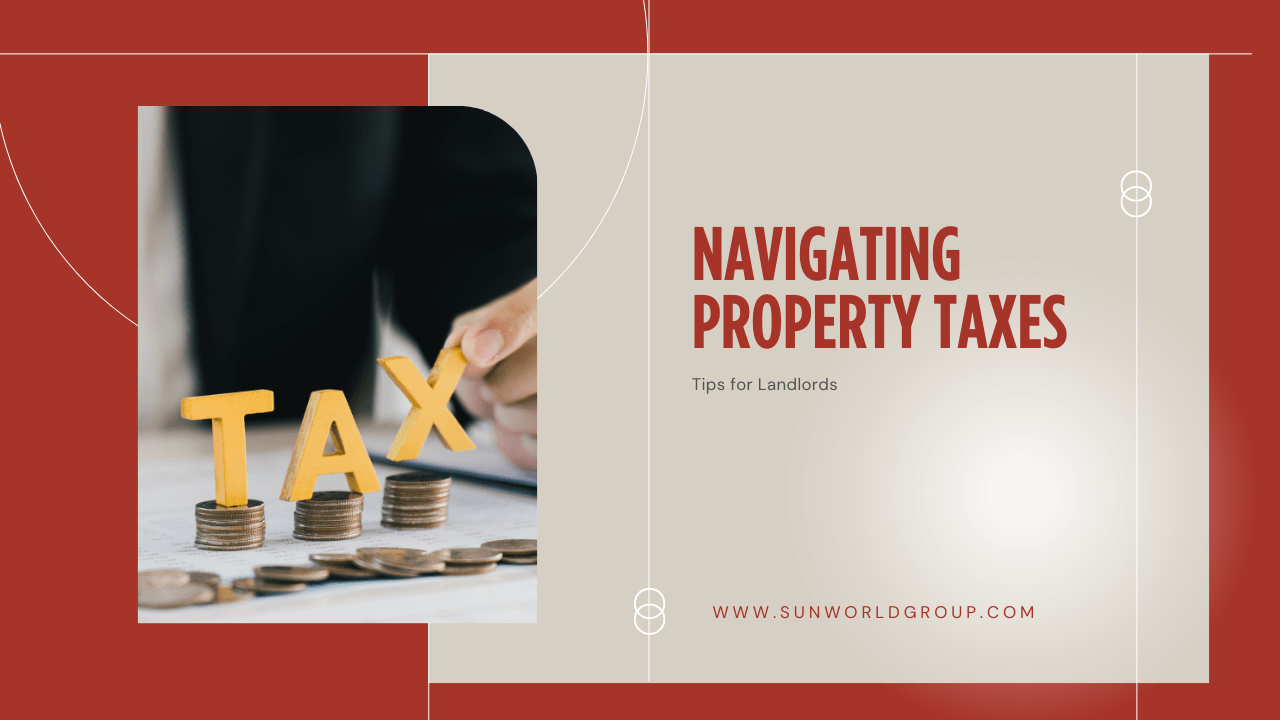When choosing between whether you’d prefer to invest in short-term or long-term rentals, it's essential to consider property management and what you’ll need from a professional partner. Short-term rentals require more hands-on management, as you’ll rely on your property manager to market your home aggressively, communicate with guests, manage the cleaning of the home between guests, and replace any damaged items.
Navigating the Challenges of Short-Term vs. Long-Term Rentals in Southwest Washington

Does it make more sense to invest in short-term rentals or long-term rentals in Southwest Washington?
This depends on your investment goals, your tolerance for risk, and the type of property you have or you’re thinking about acquiring. Location matters, too, as it always does.
The state of Washington defines a short-term rental as a property that isn’t a hotel and is occupied by a tenant for fewer than 30 days.
Both short-term and long-term rentals have their own advantages and disadvantages, and deciding how to position your rental property in the correct market can sometimes feel challenging. You’ve probably heard stories of both success and disaster around Airbnbs as well as long-term leases.
We’re experienced helping property owners rent out homes in both the short term and the long term. We can provide some insight that might help you decide which path is right for you.
Here are the challenges of each property type, and how you can navigate them.
Flexibility vs. Stability: Which Does Your Investment Strategy Need?
One of the main differences between short-term and long-term rentals is the level of flexibility they offer. Short-term rentals, such as private homes you’ll see listed on sites like Airbnb or VRBO, offer flexibility in terms of when you want to rent out your property. If you’re still hoping to use the property that you rent out, you’ll want to make sure you block out that time when you’re marketing. A short-term rental can allow you the freedom and the flexibility to use your home as a vacation spot for yourself or your friends and family. You don’t have to rent it out year-round.
However, those short-term rental homes also entail more work. You’ll spend more time managing bookings and cleaning the home between each guest. This can take a lot of time, even if the short-term nature of the rental provides the flexibility you want.
Long-term rentals offer stability rather than flexibility, ensuring consistent income with a lower level of daily maintenance. They also benefit from less day-to-day management work. You will have a consistent and stable tenant for the entire year or longer.
Market Competition
Another challenge that real estate investors face when choosing between short-term and long-term rentals is competition. With the rise of Airbnb and other short-term rental platforms, the market has become more competitive for people looking to rent out a home on a per-night or per-week basis. A lot more property owners are now opting for short-term rentals, making it harder to secure bookings.
Make sure you know your competition before you commit to renting out a short-term home. If the area is saturated with short-term rentals, then a long-term rental may be a better option in order to secure tenants and stable income.
Long-term rentals are in high demand right now. Well-qualified tenants are looking for rental homes in good neighborhoods, and they’re willing to pay the higher rents that the market demands. An expensive sales market and higher interest rates are also keeping more people in rental homes. You may find there’s less competition compared to the short-term market.
There’s also the question of supply and demand when we’re talking about competition in the rental market. This will typically impact your decision about what type of property to rent out.
A short-term rental may provide high nightly rates, especially by capitalizing on the demand in the peak seasons. However, this may also mean no bookings during the off seasons, which can severely impact income. There may be long vacancies in your future.
With a long-term rental, you may not earn as much on a nightly basis, but you will know what you can expect to earn over the course of the lease term. As we said, there’s high demand for long-term rental homes, and when you can retain a tenant and keep your rents consistent and recurring, you’re in good financial shape. There’s less risk of a long vacancy or frequent vacancies.
Regulation and Laws in Southwest Washington Rental Markets
Regulations and taxes are another consideration when choosing between short-term and long-term rentals.
Laws and regulations around short-term rental properties are extremely local. Every city or town has its own set of requirements, and the state of Washington also has its own laws. In Vancouver, for example, short-term rental owners must obtain a business license and a permit. Safety requirements need to be followed. Taxes need to be paid.
Long term rentals are subject to their own laws and regulations. You’ll need to follow all fair housing laws, understand what you can and cannot do when screening tenants, and be aware of security deposit requirements and restrictions. There are habitability standards to follow and laws around eviction, inspections, rent increases, and notice required to enter a home.
Property Management for Short and Long-Term Rentals
Renting out a home in the long term, you’ll count on your property manager to manage preventive and routine maintenance and to respond to any emergencies. Long-term leases require regular upkeep to ensure tenant satisfaction and resident retention.
Finding a reliable property manager will be required regardless of whether it is a long-term or short-term rental that you decide to list. Management fees will be different depending on the type of property you’re renting out and the services you’ll need.
Deciding whether you want to rent out short-term or long-term rentals will depend on various factors such as investment goals, competition, regulations, management, and demand. If you’d like some professional advice, we’re happy to provide it. We understand the market, the competing properties, and the needs of tenants in both the short-term and long-term markets.
Let’s talk about what’s best for your portfolio. Please contact us at SunWorld Group. We serve investors and rental property owners in Vancouver, Longview, Kelso, and the surrounding areas.








